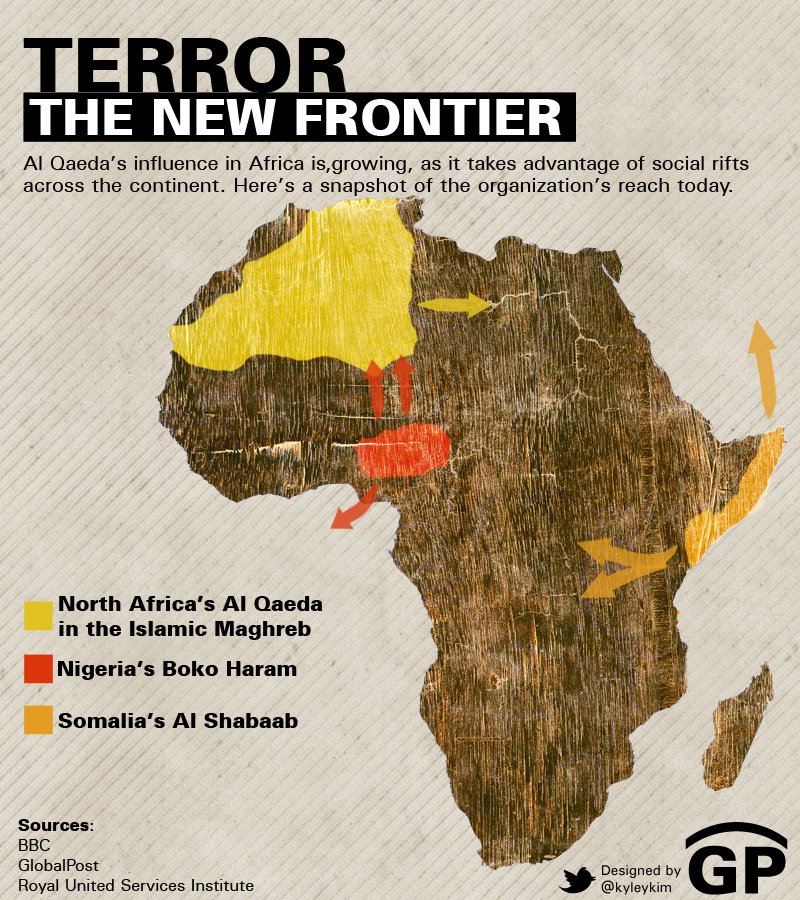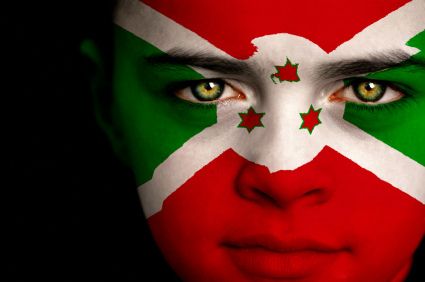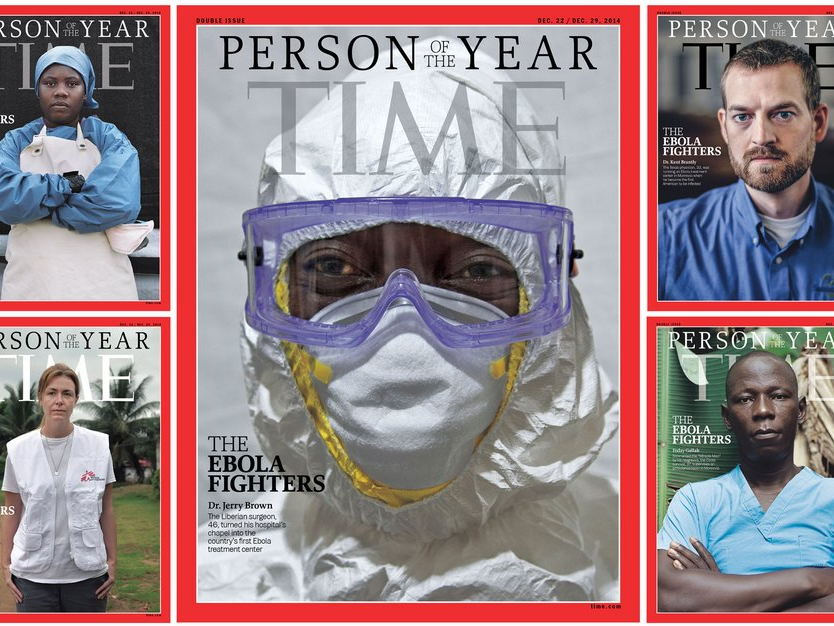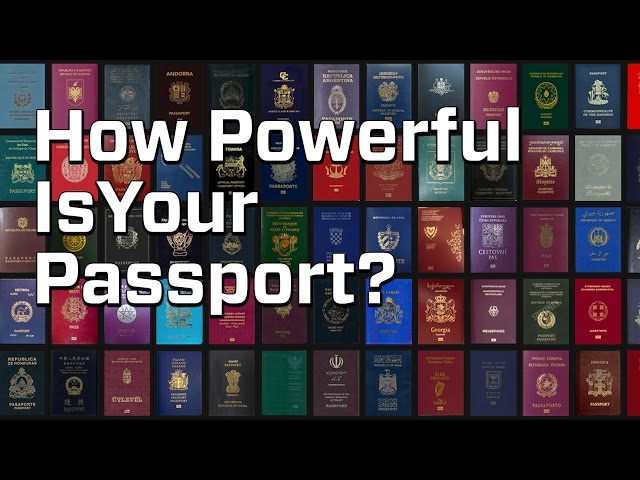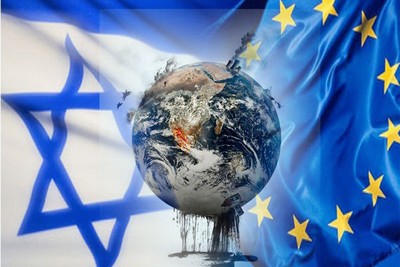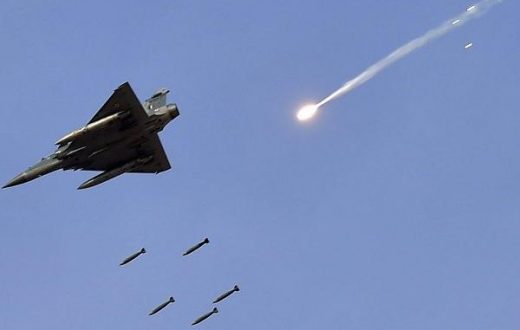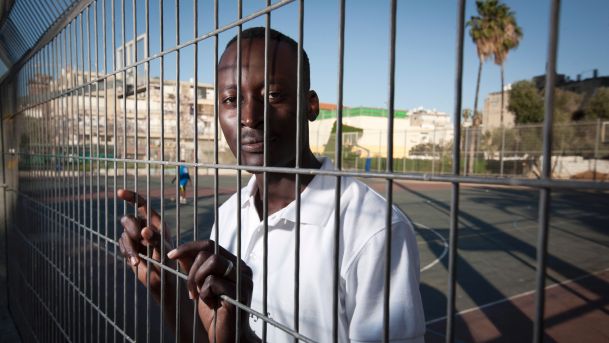There are no doubt that Africa’s militant Islamist groups like Ansar al-Sharia, AL-SHABAB, AQIM, The Movement for Monotheism and Jihad in West Africa (MUJAO) and Boko Haram have undoubtedly benefited from these shifts in economic policies. If terrorism is to be defeated in Africa, then we need to see a return to the more economic and socialist policies that many countries followed after independence in the 1960s and 70s, policies that produced higher levels of employment and greater social justice, and policies that avoid sexual repression.
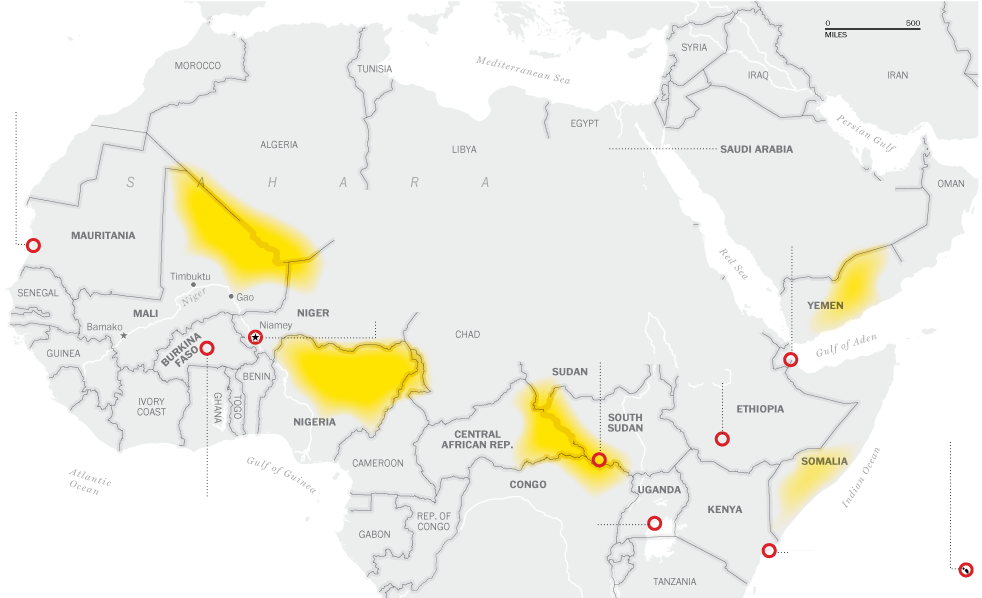
It is also worth mentioning that it is possible to construct a hypothesis that would relate the attack to more global dynamics and possibly to the recent strike in London and Paris. By hitting both Malian citizens and foreigners in Bamako, the group responsible for the attack might be trying to deliver a strong message of opposition to the African governments and the French intervention in Mali and, possibly also, on the risk for local states in associating themselves with Westerners, particularly Chad. – To this extent – it may be related to groups trying to punish or target France and its allies, a punishment that I am expecting it to happen again and again as long as these countries kept practicing the same counter terrorism strategies in Africa. I can see this incident, like those before it, quickly swept under the carpet, and perhaps more of the same happening in the future.
We’ve seen similar incidents in the past, not only in Nigeria, Burkina Faso, Kenya or even Mali, but even in France when a few weeks later, no major change in tactics or policies happens. Things would return to apparent normalcy only to see the same incidents occurring again and again… Policy makers and governments, even in advanced countries, cannot maintain a real state of alert for a long time, let alone in poor African countries. It’s not only very costly, but also, it’s nerve wracking to security personnel and to the population.
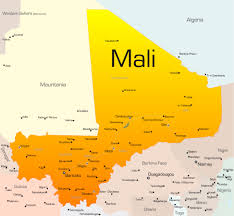
Perhaps, just like many observers around the globe, you may wonder what has gone wrong for Africa or what’s next for Mali and Africa. In reality, and despite the continued insecurity in Mali and in the Sahel, the Malian army has barely been a factor in the battle against extremists. French were highly sensitive to being perceived as an occupier of their former colony. In 2014, France transformed its mission into a regional program, Operation Barkhane, headquartered in Chad. Despite this, the Islamists appear to be growing in number.
Let’s be clear, the growing trend of terrorism and extremism in Africa has many powerful forces behind it; the most powerful driver of international terrorism is a very controversial one. It’s the West. Historically, western powers went to Africa mainly for minerals and for political control or military interventions, but have never invested heavily and seriously in economic or infrastructure and social development. Hence, they are accused of ignoring the suffering of the people of the African continent. In addition to that, corruption in administrative and political institutions plays a major role.
For example, al Qaida’s Osama bin Laden, took up arms because of the corruption, sexual repression and excess in Saudi Arabia and the Muslim World. However, terrorists in Africa take up arms primarily and firstly because of local challenges, not primarily international or religious issues like other terrorist organization in the Middle East.
What consequence does this leave for African governments who are struggling to fend off Africa’s militant Islamist groups? The main solution is both pretty simple-sounding and incredibly difficult to pull off; clean up the government, increase employment opportunities, stop sexual repression, improve education and social services, and make life better for all. This is my candid opinion, if these core issues are not addressed, you can only expect Mali to continue to be a favorable space for Africa’s militant Islamist groups that essentially rely on local complicity in order to stage successful attacks.
There’s also the fact that drawing too much attention to the advance of Boko Haram and al-Qaeda affiliates in Africa would make people wonder how these groups have become so powerful. That’s a complex question for which there is no one simple answer. While US forces have been training and helping certain countries in Africa in their battles against Africa’s militant Islamist groups, there’s no doubt too that Western policy has contributed significantly to the current problems, especially when one bears in mind that it was the NATO powers which toppled the Libyan government of Muammar Gaddafi, the main bulwark against al-Qaeda in Northern Africa. And now Africa has to deal with the mess and clean up the garbage of the foreign military interventions in Libya and Mali.
It is also worth mentioning and it must also be stressed here that the first step though is to give the problem of terrorism in Africa the attention it deserves by Africans themselves. Africa should care about its own security challenges. It’s best to deal with its security threats head-on, instead of burying head in the sand and praying it all goes away…!

